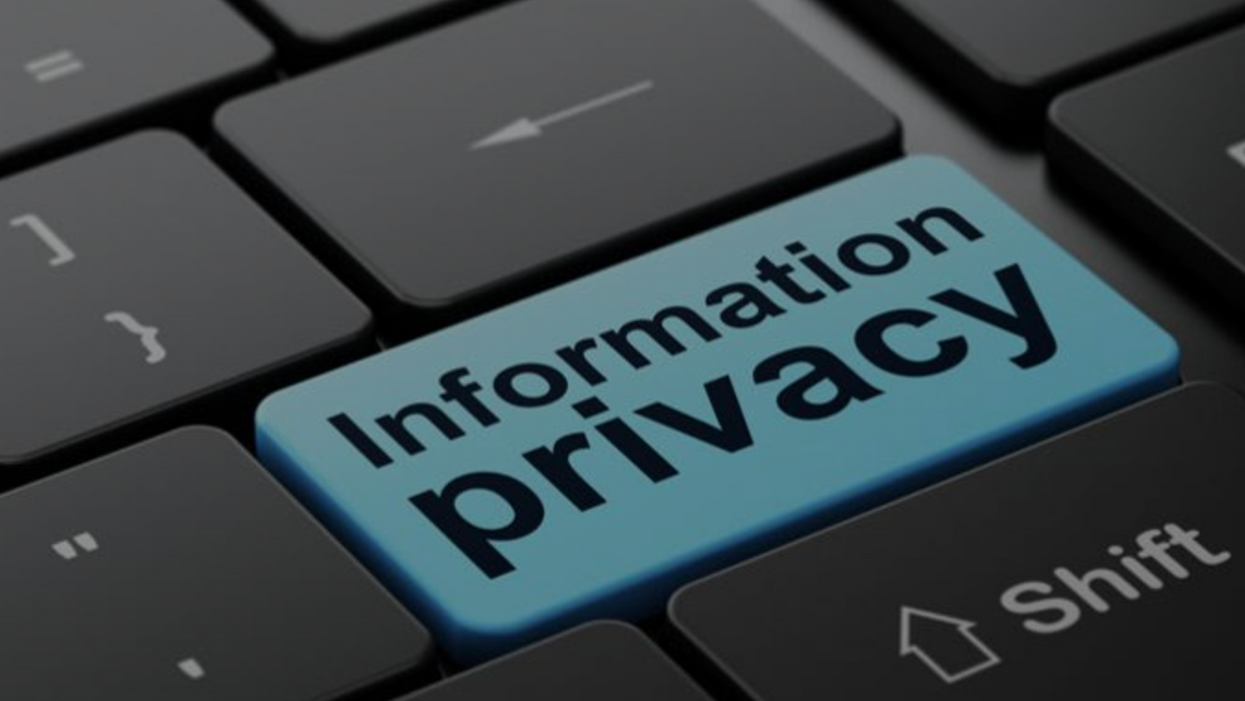Our Privacy Rights Are Being Stripped, Sold And Stolen
Every company with a credit card, store card, website — or even a clerk who asks for your email and phone number at the checkout counter — is looking to peddle "data" about your buying habits. In many states, you have to hand over your fingerprints to renew your driver's license. Public and private spaces alike are constantly scanned by ever-more-observant surveillance cameras.
When we're asked for our Social Security number, many of us simply shrug our shoulders rather than raising hell. And if we happen to be poor, a footloose kid hanging on a street corner or a motorist guilty of "driving while black," for example, we're liable to be locked up and lost in a vast criminal "justice" system that considers itself not responsible for any rights, especially privacy rights.
Invasion of our privacy has become a way of life, so that when you stand up and demand to be left alone, you're likely to be pegged as a quaint holdover from days gone by, a whiner or, more likely, someone with something to hide — maybe even a terrorist! We're living in a culture in which individual rights have been sold and subjugated, all for database marketing and to keep the lid on the unruly masses.
This is an issue that has fallen off the political radar. Last I looked, the only people in Washington overly concerned with privacy were the corporate check writers and their pet politicians, eager to cover the tracks of their own financial quid pro quos.
In the brave new culture built around the marketplace, both corporate and government sectors have deemed private and personal information to be just another commodity.
In 1999, Congress passed the "financial modernization" bill, which was written with the help of banking industry lobbyists and allowed banks to collect and sell what they know about you without so much as a courtesy call to ask your permission. The only "protection" is that if a bank wants to share information from a credit report or loan application, it first must send you a notice with the chance to say no, a so-called opt-out provision.
But why is the burden on us to opt out of an agreement that lets someone else sell something that rightfully belongs to us? Before such an agreement can even be considered, they should be required to get our permission in advance — to ask us to "opt in," and to take it as "no" if they don't hear from us. Last year, Rep. Suzan DelBene (D-WA) introduced the Information Transparency and Personal Data Control Act, which would do just that. It would create a much-needed national consumer privacy standard. But such bills have been introduced before, and they have all been killed by members of Congress who have taken millions from interests that profit from the sale of your private information. The current bill has only 21 co-sponsors, all of whom are Democrats, and seems likely to die in committee.
While the finance guys are padding their fortunes by telling each other what we buy, where we buy it and on whose credit, there's another booming trade going on in the identity market.
Driven by dreams of a citizen databank available to government at every level, public officials are falling over each other trying to keep tabs on us. For example, the International Association of Chiefs of Police wants DNA samples from anyone who is arrested for any reason (as opposed to tried and convicted), and others want to take DNA samples from all newborns.
Filing our DNA in a government databank is about the ultimate in unreasonable search and seizure. DNA tracking is not just an assault on the principles embodied in our Constitution; it has very real, and frightening implications: Employers could deny you a job because your genes include a tendency toward certain diseases or health defects, and insurers might use DNA-derived information to impose limits on your health care coverage.
Not to be outdone, governments are not just compiling these databases to keep tabs on us unruly ones; they're selling the data alongside the corporate vendors. One estimate is that federal, state and local governments are making tens of millions a year selling public records to junk mailers and other businesses.
Ah, for the simpler days of 1984, when George Orwell imagined that all this high-tech snooping and file gathering would be used to spot and snuff out society's troublemakers and dissenters before they threatened the system.
Populist author, public speaker and radio commentator Jim Hightower writes The Hightower Lowdown, a monthly newsletter chronicling the ongoing fights by America's ordinary people against rule by plutocratic elites. Sign up at HightowerLowdown.org.




